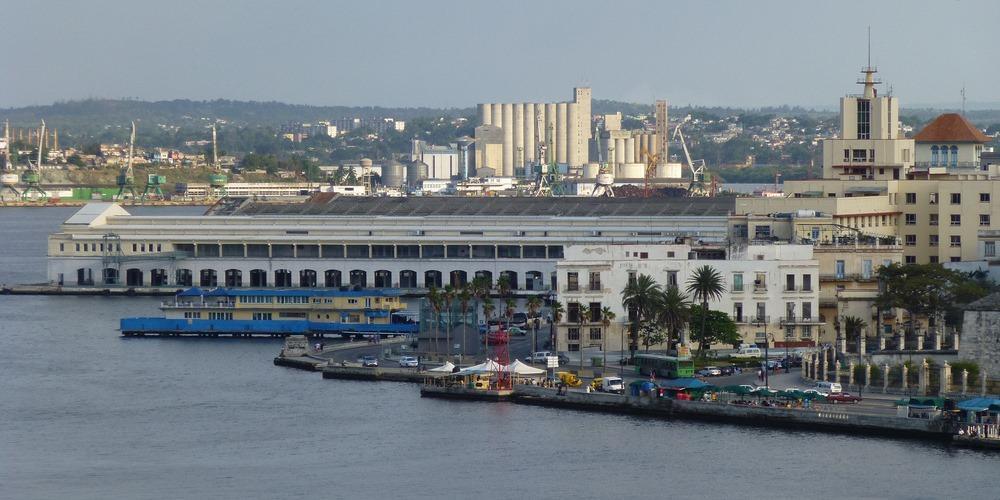In a consequential ruling on Monday, March 21, a Miami federal judge said 4 major cruise lines with South Florida ties - CCL-Carnival Cruise Line, NCL-Norwegian Cruise Line, RCI-Royal Caribbean International, and MSC Cruises - had engaged in “prohibited tourism” and “trafficking activities” by carrying cruise tourists to Cuba and "profiting from the use of Port Havana's facilities confiscated by the Fidel Castro-led government," which is the first decision of its kind that might affect similar lawsuits.
US District Judge Beth Bloom concluded that by using the Terminal and one of its piers in various ways, CCL, NCL, MSC, and RCI, had committed trafficking acts.
Court records say the companies had earned at least US$1,1 billion in revenue and had paid US$138 million to Cuban government entities. The cruises to Cuba had “constituted tourist activities and not proper people-to-people activities, paying millions of dollars to the Cuban Government to engage in impermissible travel,” according to the judge.
The judge sided with Havana Docks, the company that held a concession to operate the Cuban port of Havana. Havana Docks filed lawsuits against the 4 cruise companies for their use of the port of Havana between 2015-2019, when cruise travel to the country was authorized. In 1960, Fidel Castro ordered the port facilities' nationalization and never paid their owners.
The Helms-Burton Act (Libertad Act), signed in 1996, allows aggrieved owners to sue companies that engaged in commercial activities/benefited somehow from confiscated properties.
Havana Docks’ lawyers Bob Martinez and Stephanie Casey, partners at Colson Hicks Eidson law firm in Coral Gables said the Court had provided "a careful and meticulous analysis of the evidence and the law.”
“Havana Docks is pleased with the ruling and looks forward to a trial on damages.”

The case will go to a jury trial scheduled for May, which will decide the damages that the lines should pay.
The Helms-Burton law includes a number of formulas to calculate the money owed to the owners.
Carnival’s chairman and Miami Heat owner Micky Arison had told then-President Donald Trump (who allowed the lawsuits regarding confiscated property in Cuba to go to court) that the measure could expose his cruise company to penalties over US$600 million.